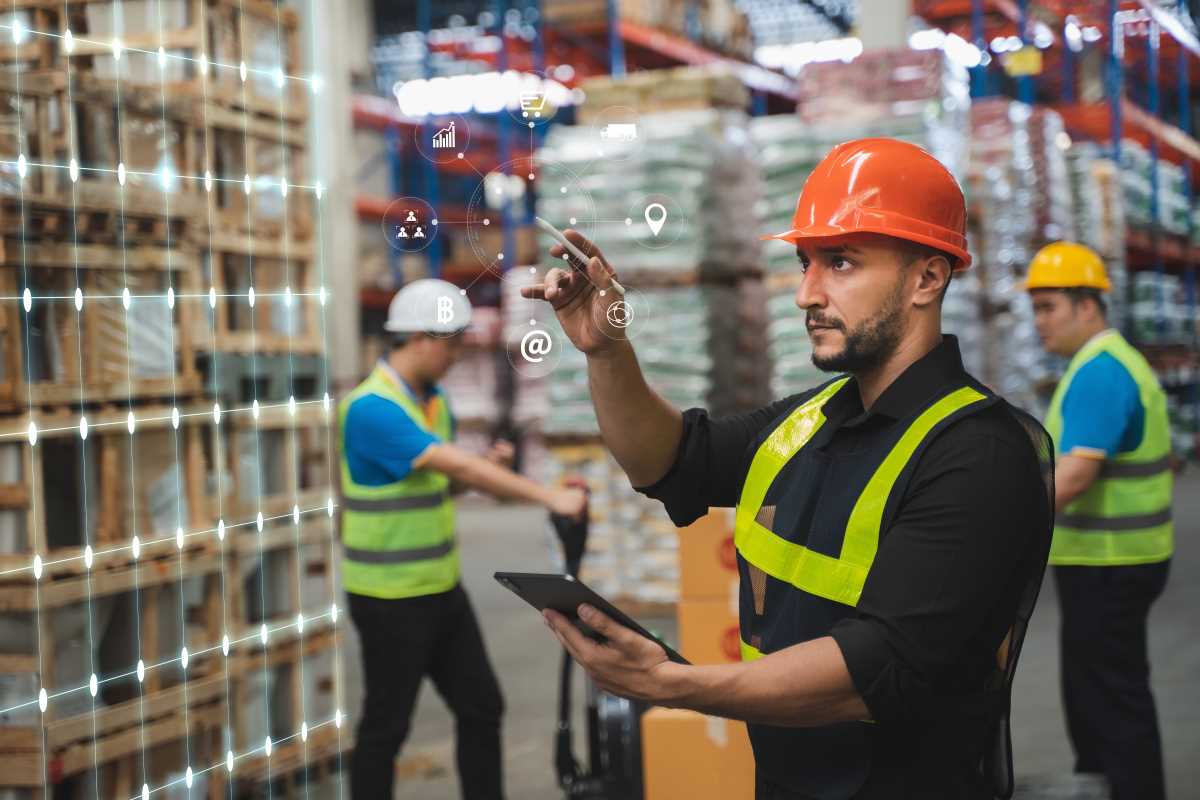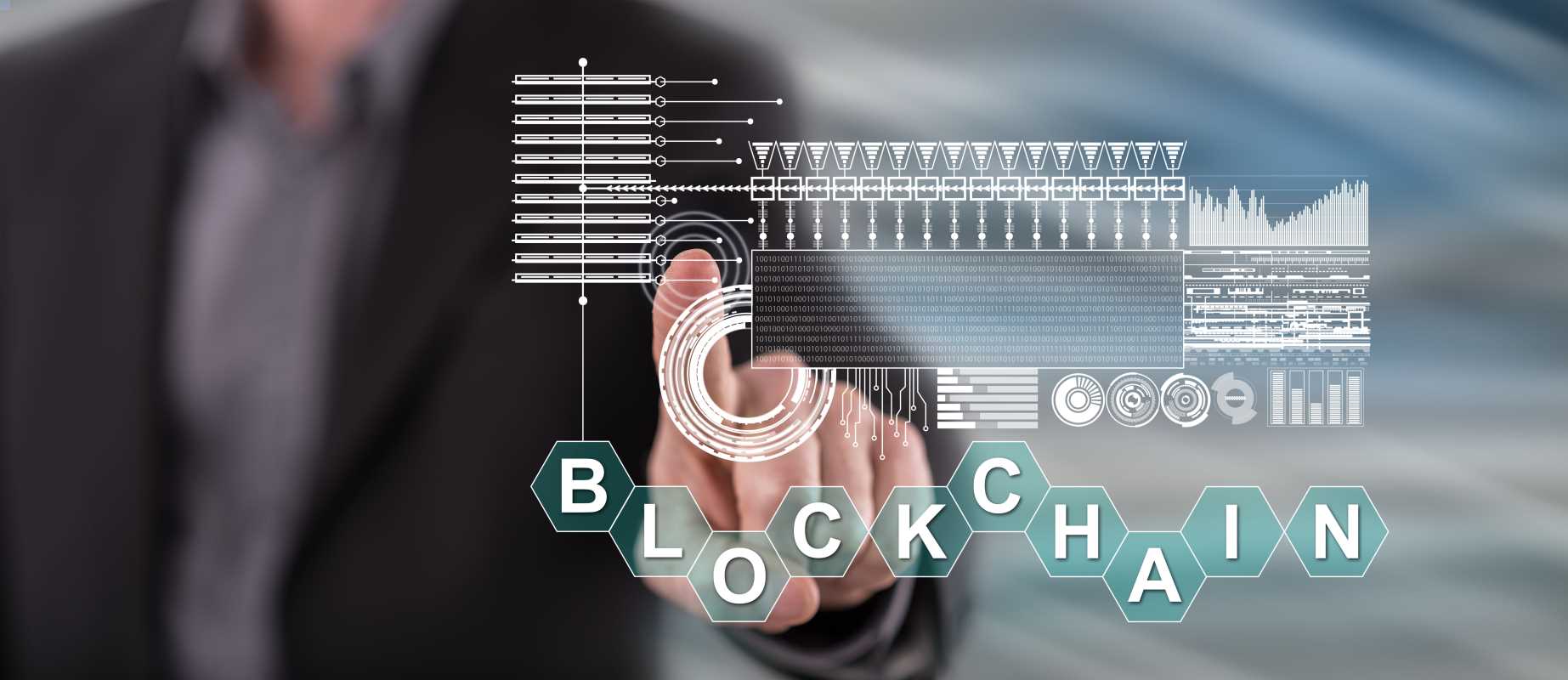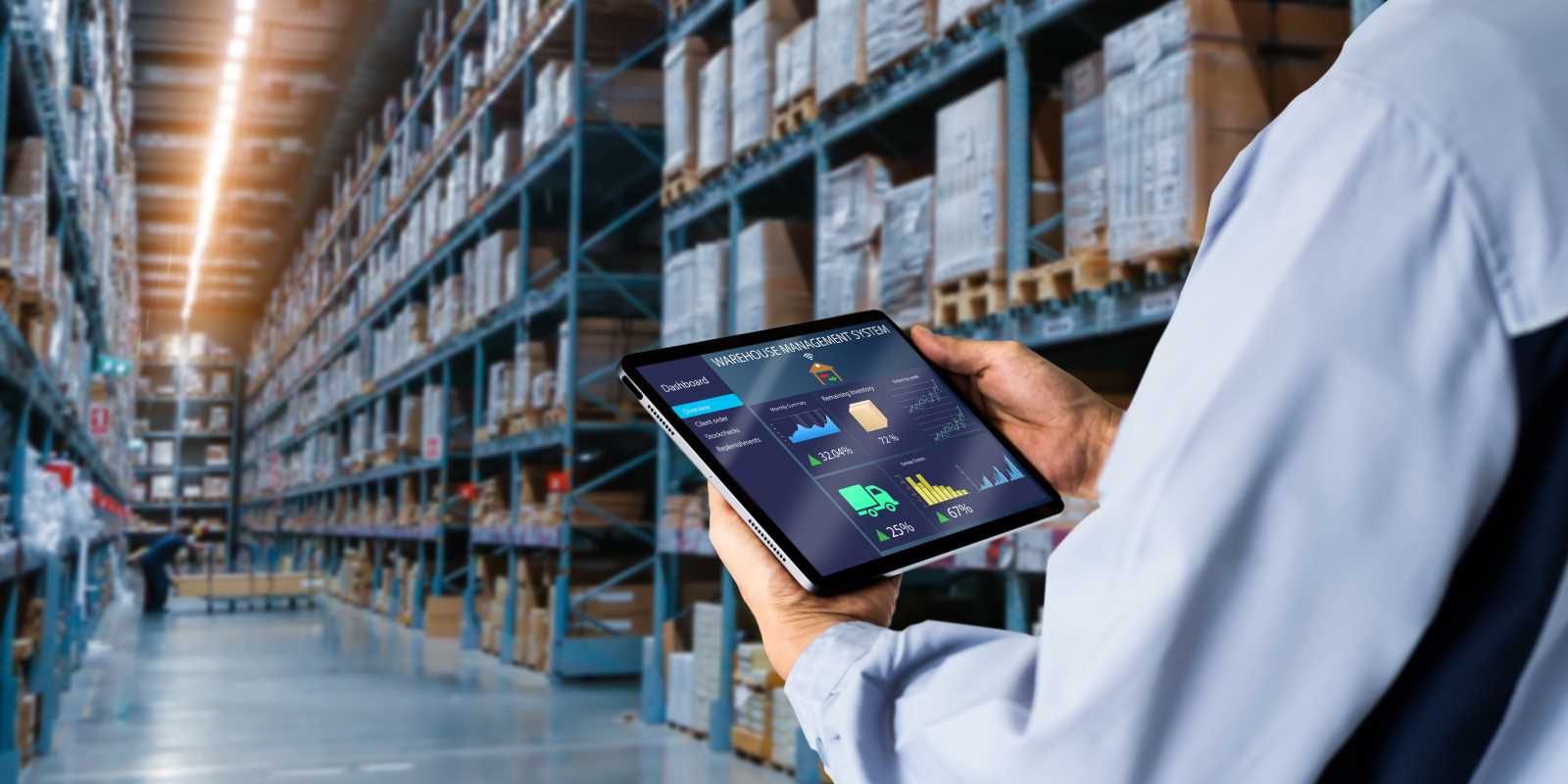For quite some time, blockchain technology has captured the imagination of many, primarily due to its association with cryptocurrencies such as Bitcoin. Yet, its influence reaches much further than just digital money, especially when it comes to supply chains. These complex networks form the backbone of international commerce, facilitating the journey of goods from producers to end-users through multiple phases. By weaving blockchain into the fabric of these supply chains, companies have the opportunity to enhance transparency, boost efficiency, and bolster security. This transformative approach reshapes operations and redefines the way consumers engage with products, promising a new era of trust and innovation in global trade.
Understanding the fundamentals of blockchain is essential to appreciate its role in supply chains. At its core, blockchain is a decentralized digital ledger that records transactions across multiple computers. This setup ensures that every transaction remains transparent, unchangeable, and verifiable without the need for a central authority. When applied to supply chains, blockchain provides a clear and tamper-proof record of each step a product takes from its origin to the final consumer. This enhanced transparency builds trust among all stakeholders and streamlines operations by reducing redundancies and errors.
Understanding Blockchain in Supply Chains
Blockchain technology operates on a system of blocks, each containing a list of transactions. Once a block joins the chain, no one can alter it, ensuring the integrity of the recorded data. In supply chains, this means that every transaction—from raw material sourcing to product delivery—records in real-time. This visibility allows all parties involved, including suppliers, manufacturers, distributors, and retailers, to access accurate and up-to-date information about the product's journey.
The application of blockchain in supply chains enhances transparency by providing a single source of truth that all participants can trust. For example, a consumer purchasing a product can trace its entire history, verifying its authenticity and ensuring that it was produced ethically and sustainably. This level of transparency helps prevent issues like counterfeit products, fraudulent practices, and unintentional errors, leading to more reliable and efficient supply chain operations.
Benefits of Blockchain for Transparency
- Enhanced Traceability: Every step of the product journey records, making it easier to trace the origin and movement of goods.
- Increased Trust: Unchangeable records build trust among stakeholders, reducing the likelihood of disputes and fraud.
- Improved Efficiency: Automated processes and real-time data sharing minimize delays and errors, streamlining operations.
- Consumer Confidence: Transparent supply chains allow consumers to verify product claims, boosting their confidence in the brand.
- Cost Reduction: By eliminating intermediaries and reducing paperwork, blockchain can lower operational costs for businesses.
For businesses, these benefits translate into more efficient operations, reduced costs, and stronger relationships with partners and customers. For consumers, the ability to verify product authenticity and ethical sourcing enhances their purchasing decisions and increases brand loyalty. By implementing blockchain, companies can differentiate themselves in a competitive market, appealing to a socially and environmentally conscious consumer base.
Real-World Applications
Many companies and industries have started using blockchain to enhance supply chain transparency. For instance, the food industry has seen significant adoption, with companies like Walmart using blockchain to track the origin of produce. This implementation allows for quick identification of contamination sources, ensuring food safety and reducing waste. Similarly, the fashion industry benefits from blockchain by verifying the authenticity of luxury goods and ensuring ethical labor practices throughout the production process.
Another notable example is the pharmaceutical industry, where blockchain helps in combating counterfeit drugs. By maintaining a transparent and secure record of the drug's journey from manufacturer to pharmacy, blockchain ensures that consumers receive genuine products, thereby safeguarding public health. Companies like Maersk utilize blockchain to digitize and streamline shipping processes, reducing paperwork and enhancing the efficiency of global trade operations.
Challenges and Limitations
- Scalability Issues: As the number of transactions increases, maintaining the blockchain can become resource-intensive, potentially leading to slower processing times.
- Integration with Existing Systems: Incorporating blockchain into established supply chain systems requires significant changes and can face resistance from stakeholders accustomed to traditional methods.
- Regulatory Uncertainty: The lack of standardized regulations for blockchain technology can create legal challenges and hinder widespread adoption.
- High Initial Costs: Implementing blockchain technology involves substantial upfront investments in infrastructure and training.
- Data Privacy Concerns: While blockchain offers transparency, balancing this with the need to protect sensitive business information remains a challenge.
Achieving global transparency requires addressing these challenges, including developing scalable solutions, creating interoperable systems, and establishing clear regulatory frameworks. Overcoming these obstacles is crucial for blockchain's successful integration into supply chains and realizing its full potential.
Future of Blockchain in Supply Chains
The future of blockchain in supply chains looks promising, with continuous advancements driving its adoption across various sectors. One of the key trends is the integration of blockchain with other emerging technologies such as the Internet of Things (IoT) and artificial intelligence (AI). For example, IoT devices can provide real-time data to the blockchain, enhancing visibility and enabling more accurate tracking of goods. AI can analyze this data to optimize supply chain operations, predict potential disruptions, and improve decision-making processes.
Another significant development involves the move towards decentralized finance (DeFi) within supply chains, facilitating transparent and efficient financial transactions between parties. This could include smart contracts that automatically execute payments upon meeting predefined conditions, reducing the need for intermediaries and speeding up transaction times. As more industries recognize the value of sustainable and ethical supply chains, blockchain will play a crucial role in verifying and promoting responsible business practices, aligning with global sustainability goals.
Blockchain is transforming supply chains by enhancing transparency, security, and trust. As adoption grows, it promises to build more resilient and efficient global networks.







